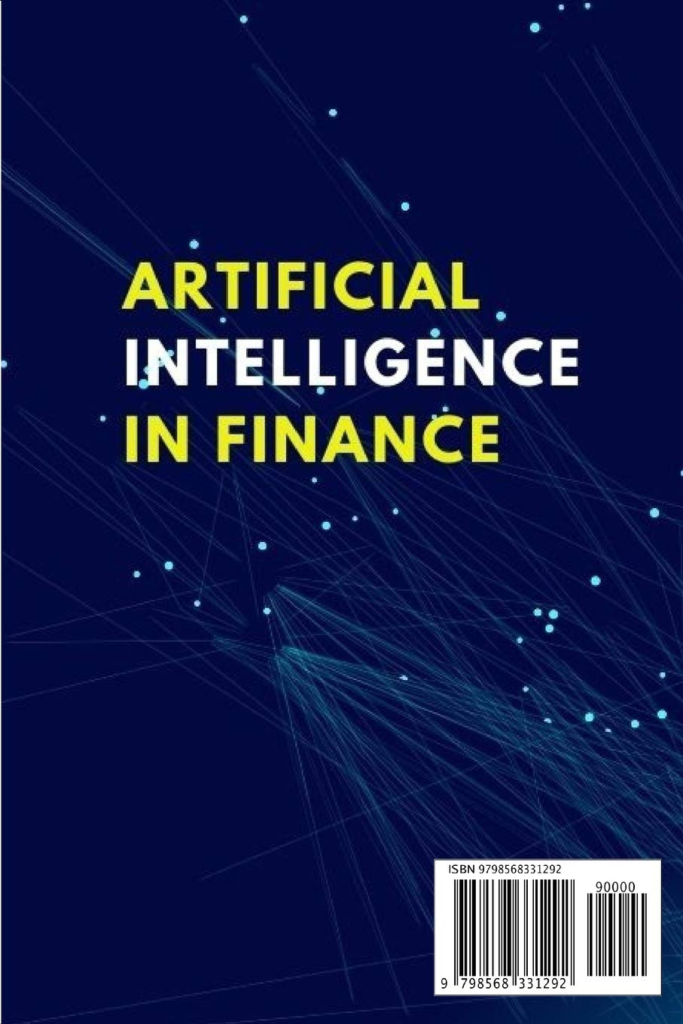Cybersecurity Threats in Forex Trading
The rapid advancement of technology has transformed Forex trading into a highly accessible digital platform, yet it has also made it susceptible to numerous cybersecurity threats. Traders must be aware of various vulnerabilities that can jeopardize their investments. One of the most prevalent threats is phishing, which involves deceiving users into providing sensitive information, such as login credentials or financial details, by masquerading as a trusted entity. Phishing attacks often come in the form of fraudulent emails or text messages that prompt traders to click on malicious links.
Another significant threat is the presence of malware, specifically designed to infiltrate Forex trading systems. Malware can take various forms, including keyloggers that record a user’s keystrokes or ransomware that locks users out of their accounts until a ransom is paid. These malicious programs can severely disrupt trading activities and lead to substantial financial losses. Furthermore, hacking attempts targeting Forex brokers’ servers can expose sensitive data, undermining the security of entire trading ecosystems.
The implications of these threats are profound, affecting both individual traders and the broader financial community. A successful cyber attack can lead to unauthorized transactions, loss of funds, and compromised identities. Additionally, the reputational damage suffered by brokers can erode customer trust, making traders more hesitant to engage with certain platforms. Hence, understanding the cybersecurity landscape is critical for trading effectiveness and safety. Traders must prioritize security by employing robust safety measures, such as two-factor authentication and regular software updates, while also staying informed about the latest threat vectors in the Forex market. Being proactive in addressing these vulnerabilities will ultimately enhance the security of investments in this digital trading environment.
(Purchase today by clicking on the image)
Key Features of Secure Forex Trading Platforms
When engaging in forex trading, ensuring the safety of personal and financial information is paramount. This is where secure forex trading platforms distinguish themselves through various key features designed to protect traders’ investments. One of the most critical elements of a secure platform is encryption technology. This technology ensures that all data transmitted between the trader and the platform remains confidential and is safeguarded from unauthorized access. Secure Socket Layer (SSL) encryption, for example, is commonly employed to create an encrypted link, which is vital for protecting sensitive information during transactions.
Another essential feature to consider is multi-factor authentication (MFA). This adds an additional layer of security by requiring users to verify their identity through multiple means before gaining access to their accounts. For instance, in addition to a standard password, a trader might need to enter a code sent to their mobile device or provide a biometric verification, such as a fingerprint. MFA significantly decreases the likelihood of unauthorized access, thus securing the trading environment further.
Moreover, secure data storage practices are crucial in maintaining a safe trading experience. Forex trading platforms should implement robust data protection measures to secure all client information stored on their servers. This includes regular security audits and compliance with industry regulations to ensure that data is handled responsibly and transparently. Platforms that employ cloud storage solutions with advanced security protocols can also enhance data safety.
As traders consider which forex trading platform to utilize, they should look for these critical features. By understanding how encryption technology, multi-factor authentication, and secure data storage contribute to overall security, traders can make informed decisions to protect their investments effectively.
Best Practices for Traders to Enhance Their Cybersecurity
In the realm of Forex trading, where monetary transactions occur at a rapid pace, the necessity for robust cybersecurity measures cannot be overstated. Traders must be proactive in protecting their investments and personal information from potential cyber threats. Implementing a combination of strong passwords, awareness of phishing attempts, software updates, and secure internet practices is essential for enhancing cybersecurity.
Creating strong and unique passwords is the first line of defense against unauthorized access. Traders should employ passwords that are at least 12 characters long, incorporating letters, numbers, and special symbols. Utilizing a password manager can aid in generating and storing complex passwords securely. Furthermore, enabling two-factor authentication (2FA) adds an additional layer of security, significantly reducing the risk of account compromise.
Recognizing phishing attempts is another critical component of maintaining cybersecurity in trading. Traders should remain vigilant against unsolicited emails, messages, or pop-ups that ask for sensitive information. Legitimate trading platforms will never request login details or personal information through these channels. Being aware of common phishing tactics can help traders avoid falling victim to these scams.
Regularly updating trading software and devices is imperative for protecting against vulnerabilities that cybercriminals may exploit. This includes not only the trading platform itself but also the operating system and any installed applications. Keeping software updated ensures that traders have access to the latest security patches and enhancements.
Finally, utilizing secure internet connections is paramount. Traders should avoid using public Wi-Fi networks for trading activities, opting instead for secure private connections or a virtual private network (VPN). This minimizes the risk of data interception and ensures that online transactions are conducted securely.
Individual responsibility is crucial in the realm of cybersecurity. By adhering to these best practices, traders can actively safeguard their trading activities and protect their investments from cyber threats.
The Future of Cybersecurity in Forex Trading
The rapid advancement of technology continues to reshape various industries, and the forex trading sector is no exception. As the sophistication of cyber threats increases, the importance of robust cybersecurity measures in forex trading platforms cannot be overstated. Emerging technologies such as artificial intelligence (AI) and machine learning (ML) are poised to play a pivotal role in identifying and mitigating these threats. AI algorithms can analyze vast amounts of data in real-time, detecting unusual patterns that may indicate potential security breaches. By leveraging machine learning, platforms can enhance their threat detection capabilities, allowing for quicker responses to any suspicious activities.
Furthermore, the implementation of predictive analytics can significantly bolster cybersecurity efforts, as these tools can anticipate possible security challenges based on historical data and current trends. Forex trading platforms that adopt these technologies will not only protect their users more effectively but will also build greater trust within the trading community.
Regulatory bodies are increasingly recognizing the significance of cybersecurity and are establishing frameworks to enforce stricter standards across financial services. Initiatives such as the General Data Protection Regulation (GDPR) and the Financial Action Task Force (FATF) recommendations are reshaping how forex trading platforms approach data security. Compliance with these regulations will help safeguard traders’ sensitive information and reinforce overall market integrity.
For traders, staying informed about these developments will be crucial in ensuring the security of their investments. Engaging with industry news, participating in forums, and attending webinars can assist traders in understanding the evolving landscape of cybersecurity in the forex market. By adapting to new regulations and technological advancements, traders can better protect their investments and make informed decisions in an increasingly digital environment.
(Purchase today by clicking on the image)






